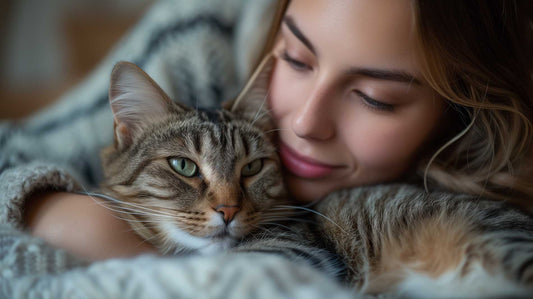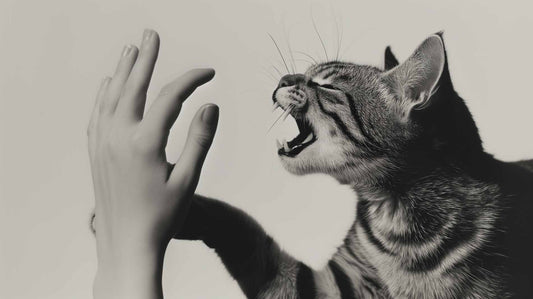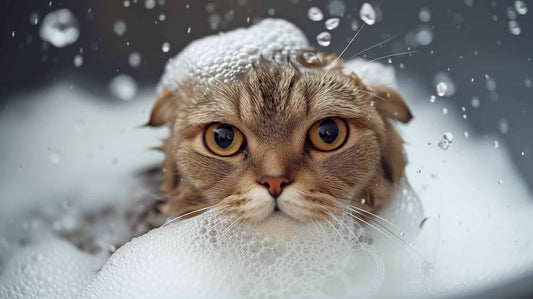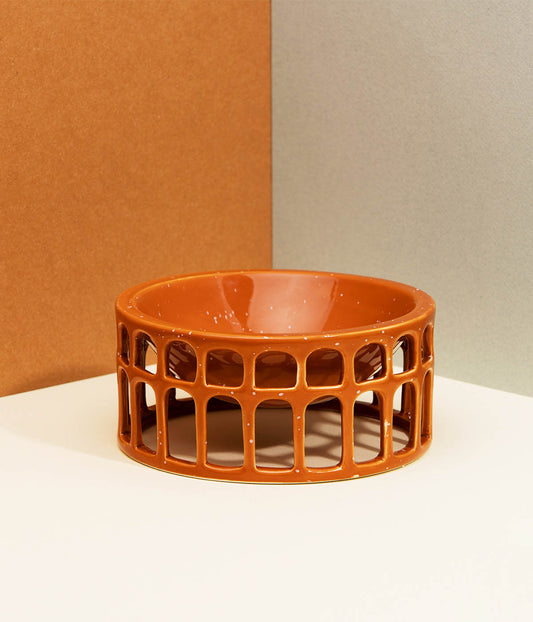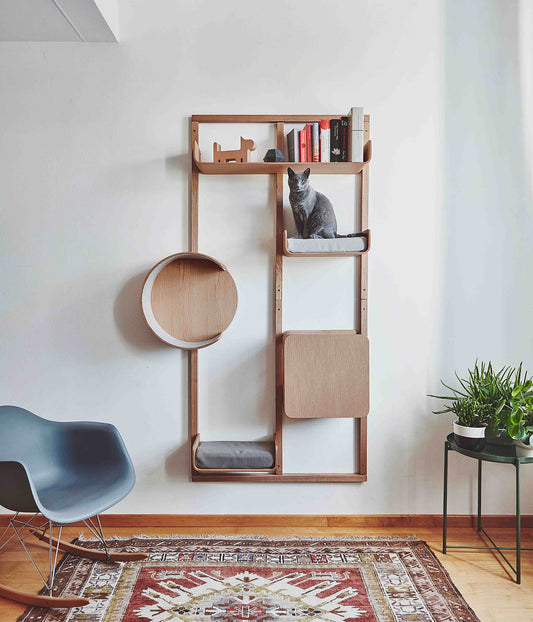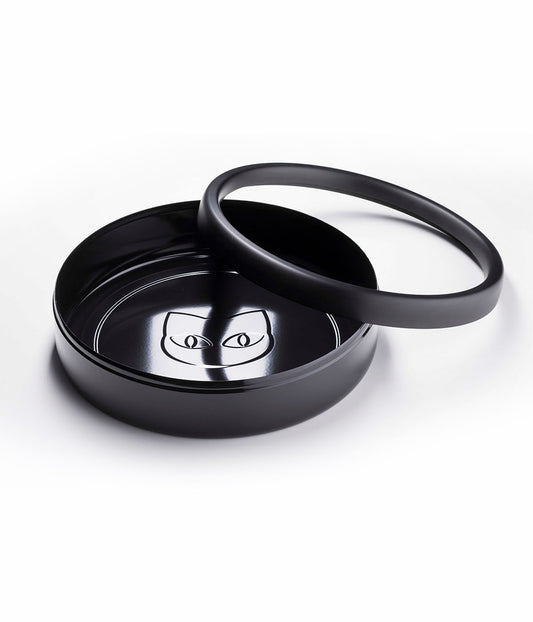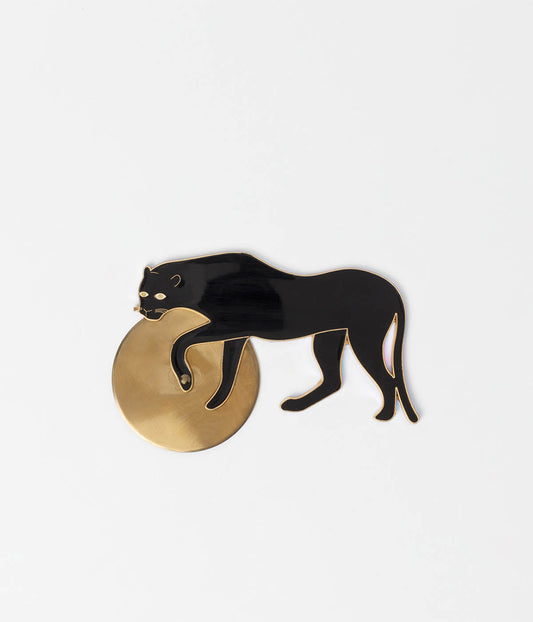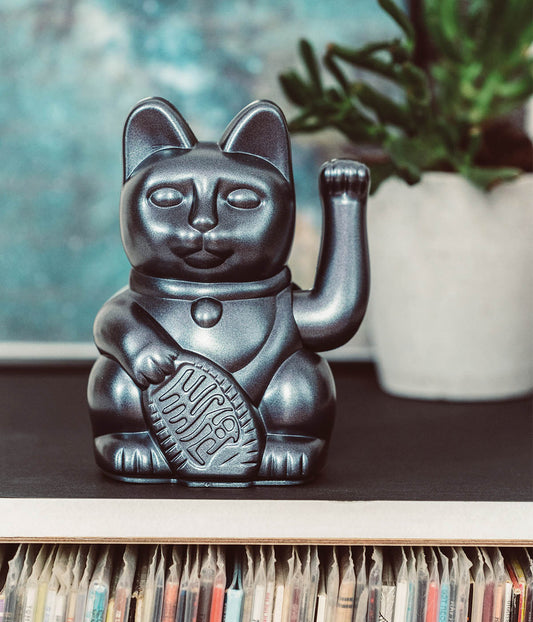
The Science Behind Why Dogs Eat Their Own Feces
Marie DuchessIt's a behavior that many dog owners find both puzzling and repulsive: dogs eating their own feces. While it may seem disgusting to us, there are actually scientific reasons behind this behavior. In this blog post, we will explore the science behind why dogs engage in coprophagia, the technical term for eating feces.
Is it normal for dogs to eat their own feces?
Yes, it is relatively common for dogs to eat their own feces, although not all dogs engage in this behavior. According to a study published in the journal Veterinary Medicine, approximately 16% of dogs have been observed eating feces at least once. This behavior is more commonly seen in puppies, but it can persist into adulthood.
What causes dogs to eat their own feces?
There are several factors that can contribute to a dog's inclination to eat feces:
- Instinctual behavior: Dogs are descendants of wolves, and in the wild, wolves consume the entire prey, including the feces. This behavior may have been passed down to domesticated dogs.
- Nutritional deficiencies: Some dogs may eat feces to compensate for a lack of certain nutrients in their diet. This is more commonly seen in dogs that are fed a low-quality or imbalanced diet.
- Attention-seeking: Dogs may engage in coprophagia to get attention from their owners. Even negative attention, such as scolding, can reinforce this behavior.
- Medical conditions: Certain medical conditions, such as malabsorption disorders or pancreatic insufficiency, can lead to nutrient deficiencies and increase the likelihood of coprophagia.
How can you prevent dogs from eating their own feces?
If your dog is engaging in coprophagia, there are several steps you can take to discourage this behavior:
- Keep the environment clean: Make sure to promptly clean up after your dog to remove any temptation.
- Provide a balanced diet: Ensure that your dog is receiving a nutritionally complete and balanced diet to minimize the risk of nutrient deficiencies.
- Supervise outdoor activities: Keep a close eye on your dog while they are outside to prevent them from consuming feces.
- Positive reinforcement: Reward your dog with praise and treats when they exhibit desirable behaviors, such as leaving feces untouched.
While coprophagia may be a natural behavior for dogs, it is important to address it to ensure the health and well-being of your furry friend. If you are concerned about your dog's coprophagia or if it persists despite your efforts to discourage it, it is recommended to consult with a veterinarian. They can help rule out any underlying medical conditions and provide further guidance on managing this behavior.

